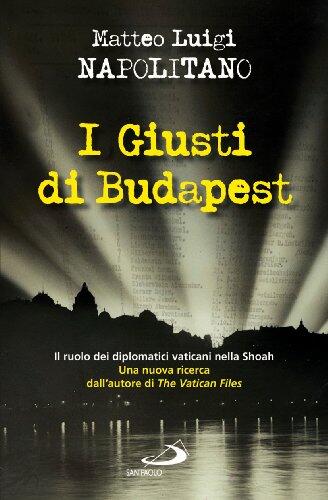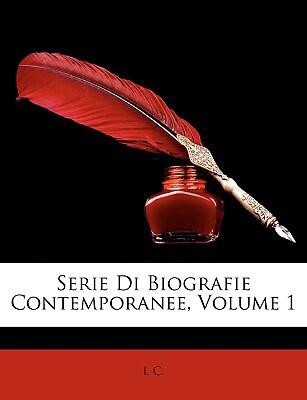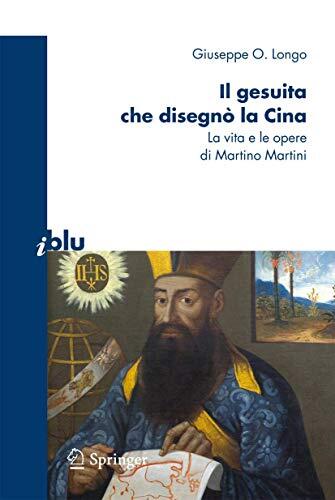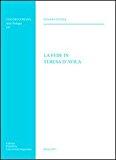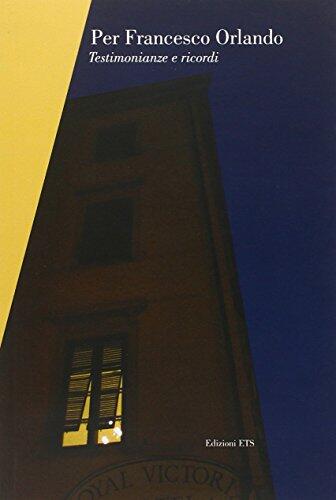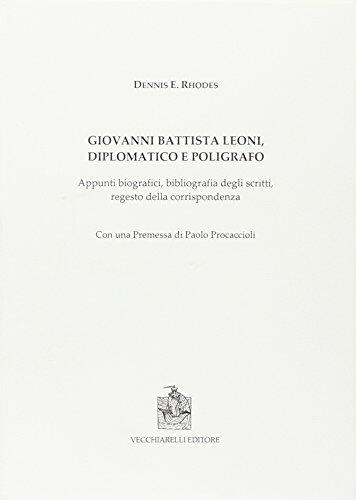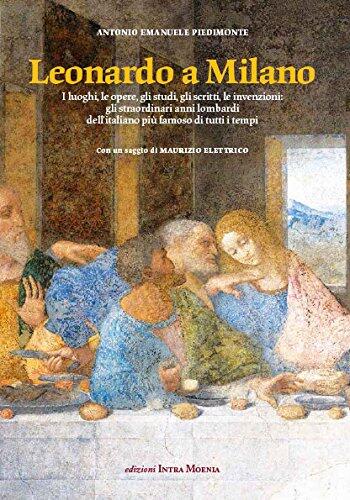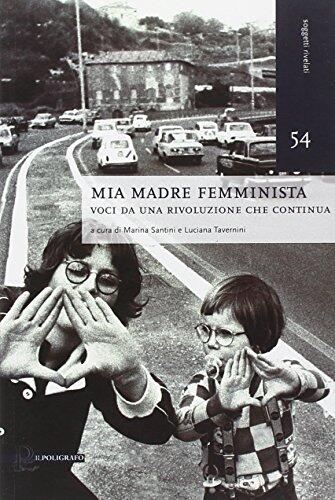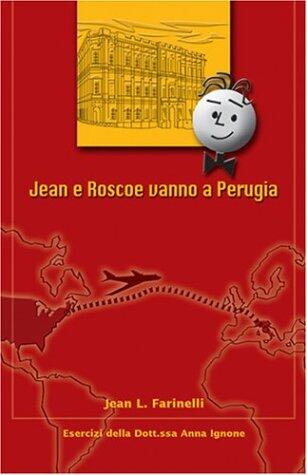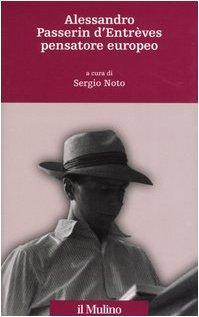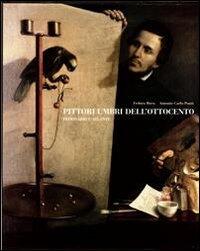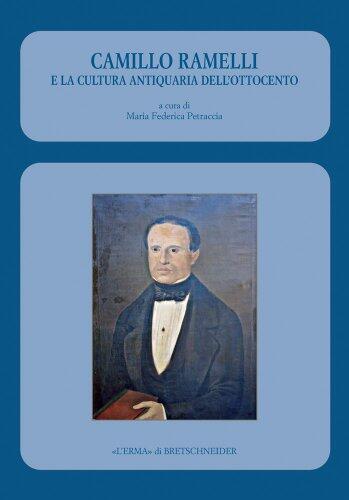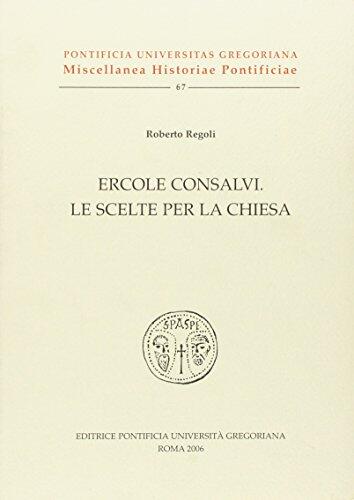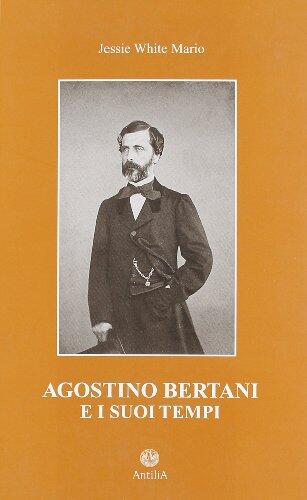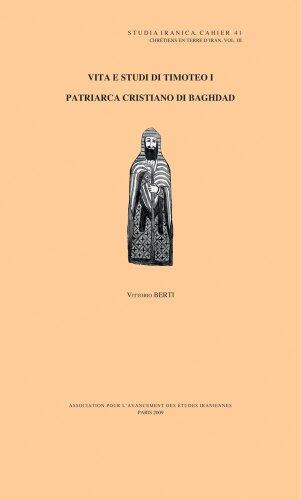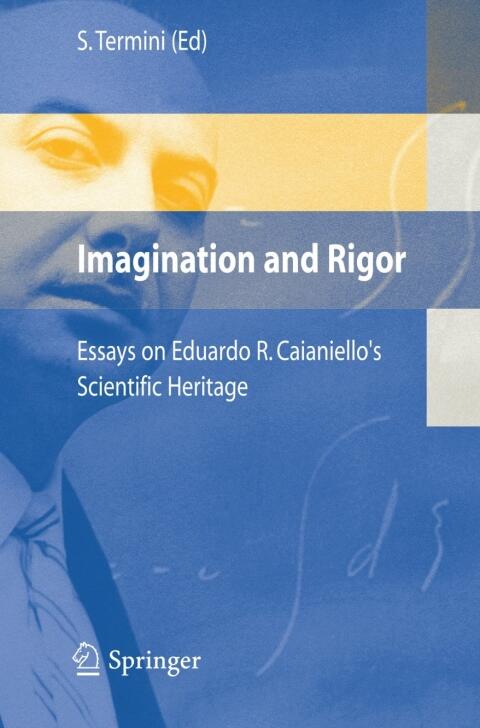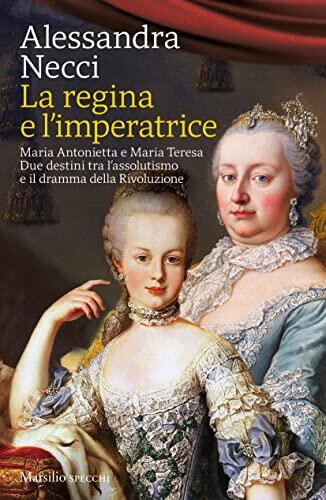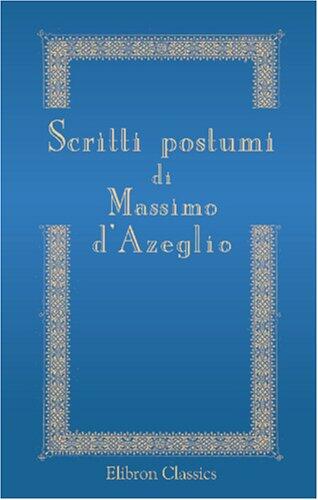
Scritti postumi di Massimo d'Azeglio: La Lega Lombarda. Scritti politici. Scritti vari. Epistolario
아직 평점이 없습니다
Biography
Autobiography & Memoir
Science & Technology
형식
페이퍼백
페이지
532
언어
이탈리아어
출판됨
Oct 29, 2001
출판사
Adamant Media Corporation
ISBN-10
0543900444
ISBN-13
9780543900449
설명
Massimo d'Azeglio's posthumous writings offer a profound glimpse into the political landscape of Italy during a transformative era. As a prominent figure in the Italian Romantic movement and a key contributor to the Unification of Italy, d'Azeglio's thoughts and reflections encapsulate the essence of a nation on the brink of significant change. His writings reveal a passionate commitment to the ideals of liberty, unity, and the cultural identity of the Italian people.
Within this collection, readers encounter a variety of essays and letters that articulate d'Azeglio's viewpoints on governance, nationalism, and his vision for a united Italy. His commentary on the Lega Lombarda and other political movements showcases his intellectual depth and his understanding of the socio-political dynamics of his time. As d'Azeglio navigates the complexities of Italian identity, he provides a compelling narrative that interweaves personal and political themes.
These writings not only serve as historical documents but also resonate with contemporary readers who seek to understand the roots of Italian political thought. By examining the motivations and challenges faced by d'Azeglio, one can appreciate the ongoing struggle for a cohesive national identity, making this collection essential for anyone interested in Italy's rich history and cultural evolution.
Within this collection, readers encounter a variety of essays and letters that articulate d'Azeglio's viewpoints on governance, nationalism, and his vision for a united Italy. His commentary on the Lega Lombarda and other political movements showcases his intellectual depth and his understanding of the socio-political dynamics of his time. As d'Azeglio navigates the complexities of Italian identity, he provides a compelling narrative that interweaves personal and political themes.
These writings not only serve as historical documents but also resonate with contemporary readers who seek to understand the roots of Italian political thought. By examining the motivations and challenges faced by d'Azeglio, one can appreciate the ongoing struggle for a cohesive national identity, making this collection essential for anyone interested in Italy's rich history and cultural evolution.
